Illustration photo. |
The sudden storm on the afternoon of July 19 in some northern localities caused many buildings to collapse, many roofs to be blown off, trees to be uprooted, causing great property damage. But the most painful incident was the incident where a boat carrying more than 50 people visiting Ha Long Bay ( Quang Ninh ) capsized, causing many deaths and missing people. On social networks, many Facebook and Zalo accounts proactively stopped posting pictures of happy singing and eating; many units and organizations temporarily suspended art programs and festivals to show sympathy for the pain of families affected by the incident.
However, it is condemnable that some individuals have taken advantage of this tragedy to make a profit. They have posted fake video clips online - cut from other events, or created using artificial intelligence (AI), and then attributed them to the ill-fated ship. These include scenes of eating, drinking, and playing, which are called the "last moments" before the ship capsized; scenes of the ship swaying and then capsulating in the midst of big waves; images of people without life jackets falling into the sea; roaring thunder and lightning and the ship spinning in the midst of a storm.
Many people, out of gullibility, or simply because they were gullible, shared the content on their personal pages, following the crowd to comment and condemn the authorities, the ship owner and the victims, with emotional accusations and blame such as "lack of knowledge", "subjectivity", "irresponsibility".
Such actions are not only inhumane, but also further hurt those who have lost, cause information disturbance, and negatively impact public opinion. The purpose of the owners of those fake news pages is mostly to "get likes", "get views", "get shares", to increase interactions, increase the display value of personal accounts - thereby serving the purpose of selling, advertising, or simply satisfying their own virtual fame.
Recently, many organizations have organized writing, photo, and video contests to promote local cultural, tourism, and economic values. Many contests set award criteria based on the number of “likes,” “comments,” or “views” in livestreams.
Therefore, many contestants have not hesitated to use tricks to increase virtual interactions using software or outsourced services - to "trick" the judges. This is not only a fraudulent act, violating the policies of the social networking platform, but also violating the contest regulations, discrediting the organizing unit (if the product wins the prize) and depriving other contestants of fair opportunities.
The law will certainly have strict sanctions for the use of technology to cause harm to society. However, in a digital world full of traps, each user needs to become a “smart consumer” of information to distinguish between truth and falsehood in order to share good deeds every day.
Source: https://baothainguyen.vn/xa-hoi/202507/thanh-loc-thong-tin-d655089/


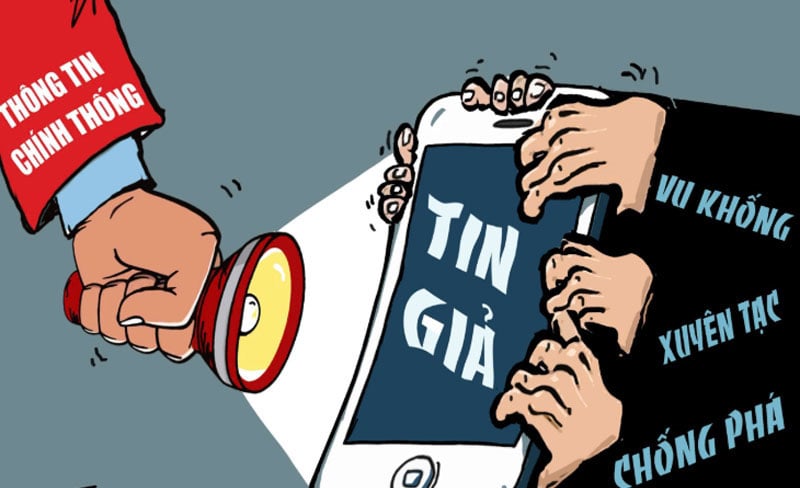

![[Photo] Prime Minister Pham Minh Chinh chairs a meeting of the Government Standing Committee to remove obstacles for projects.](https://vphoto.vietnam.vn/thumb/1200x675/vietnam/resource/IMAGE/2025/10/06/1759768638313_dsc-9023-jpg.webp)
![[Photo] Prime Minister Pham Minh Chinh chaired a meeting of the Steering Committee on the arrangement of public service units under ministries, branches and localities.](https://vphoto.vietnam.vn/thumb/1200x675/vietnam/resource/IMAGE/2025/10/06/1759767137532_dsc-8743-jpg.webp)



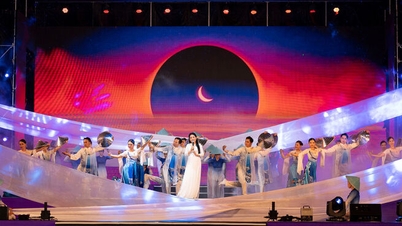






















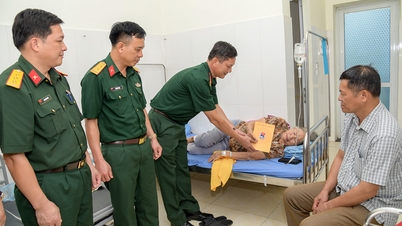


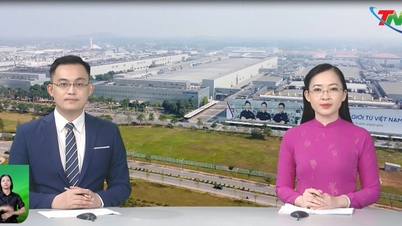
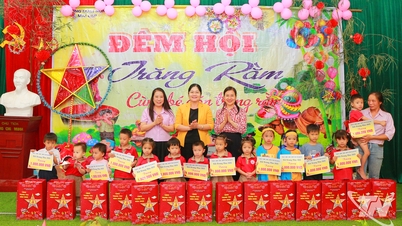
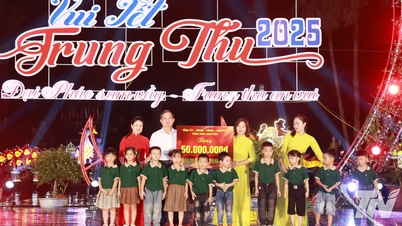

















































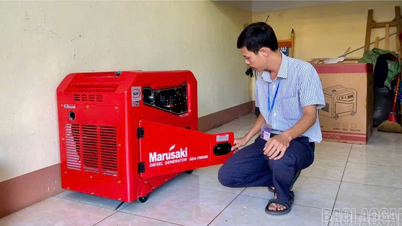
















Comment (0)